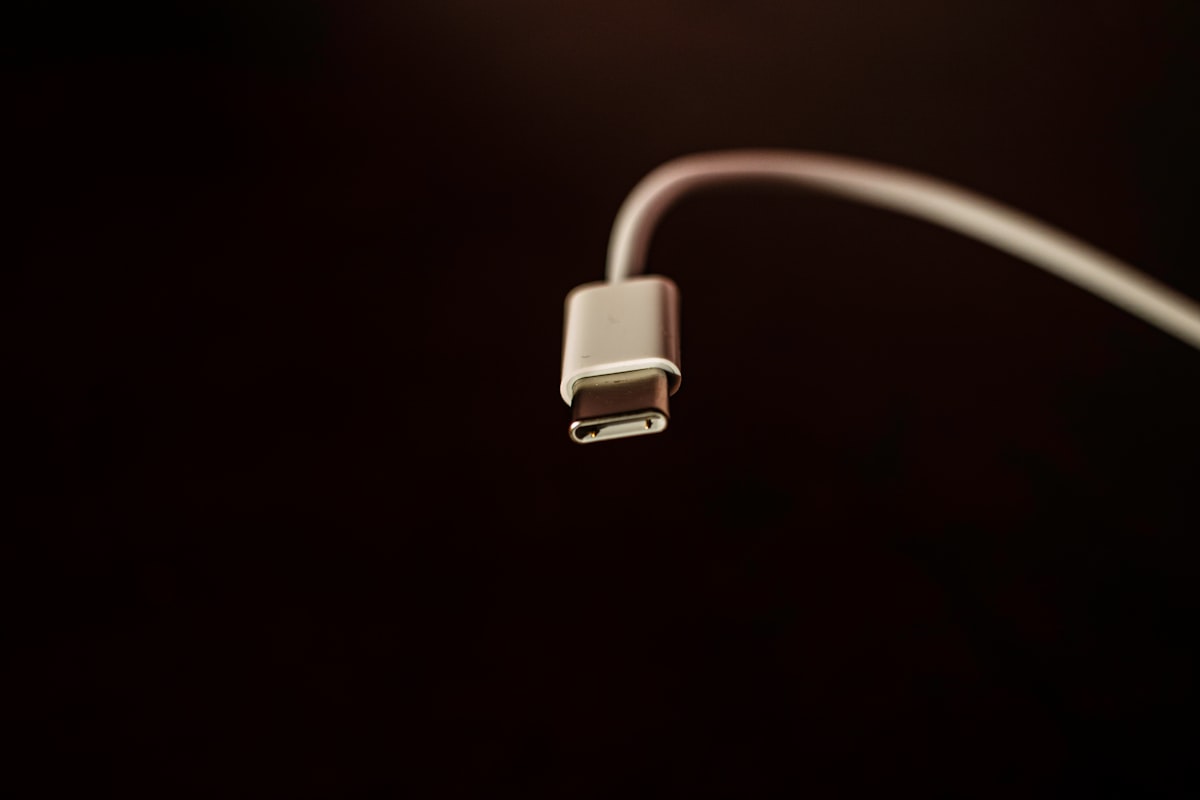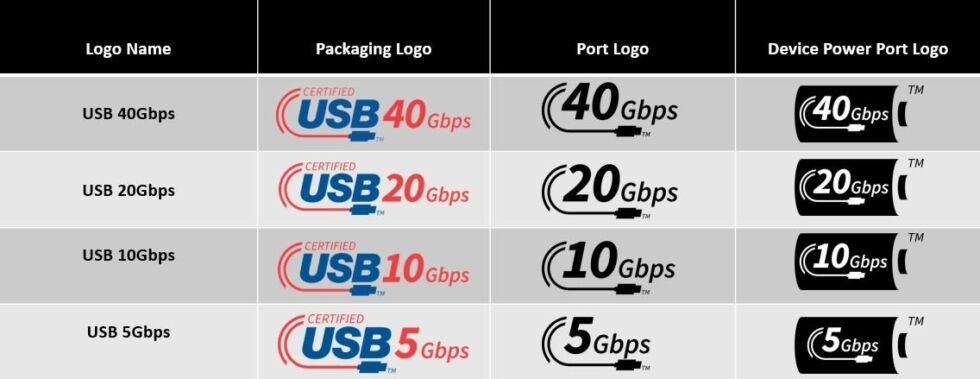How many types of USB C cables are there?

I was chatting with people on the Makerville telegram group recently about USB C and I realized that there's some things about this standard that are misunderstood. I think people believe that with USB C they will have a single cable that can be used for everything, and I believe that's nowhere near the truth.
Historical mess
OnePlus - one of the biggest Android OEMs - refused to follow the standard for USB C type connector on their OnePlus 2 phones back in 2015. This resulted in them supplying cables with their phones that were potentially harmful to older devices. You can read more about this mess here.
In fact, the person who uncovered this mess went on to test more and more cables and published his results. In fact things were so bad, that some cables fried up his testing apparatus.
Thankfully, they learned their lesson and haven't done something like this in their more recent phones. Having said that - a new company doing something similar is completely within the realm of possibilities.
- Apple prevented this by ensuring that anyone who used Lightning connector required some certification.
- Other standards ensured this didn't happen by not function overloading a connector.
Connector doesn't imply standard
Let's say you got a USB C cable from a device that you recently purchased. Does it mean that it supports the USB standard? Sounds like a dumb question right?
Here's an excerpt from the USB C wikipedia article
A device with a Type-C connector does not necessarily implement USB, USB Power Delivery, or any Alternate Mode: the Type-C connector is common to several technologies while mandating only a few of them.
- So can I sell a USB C looking cable that works with my device, but doesn't work with any other manufacturers device?
Yes. - If I am selling cables separately along with my device, is it in my financial interest to ensure this happens?
Also, yes.
Alternate mode
As of version 3.1, USB supports alternate modes which basically allow for folks to use some of the wires inside the USB C cable for different protocols not part of the USB standard. For example, HDMI, and DisplayPort.
So are these ports labelled as such? Not really.
The USB Implementers Forum is working with its Alternate Mode partners to make sure that ports are properly labelled with respective logos.
The USB IF would like that it be labelled, but there's no real requirement to do so. So what does this mean for you?
It means that you can have a USB C port on your device, but there will be no clear indication whether HDMI is supported through that device or not. For example, on the Raspberry Pi 4, there's a USB C port that doesn't support HDMI. But on my laptop there's a USB C port that does support that. Both these ports look exactly the same.
More upcoming mess
Ok - so things have been messy in the past. Maybe we learnt our lessons, and now it's all good. Maybe we can now use any USB C cable anywhere we want and it'll all be good.
Or will it?
Here's a recent infographic from the USB IF about how they are planning multiple standards under the same USB C connector

Let's say I have an external spinning disc hard drive that I use to store files that I don't need fast access to - stuff like movies, photos, backups, and such.
I also have an external NVME drive for accessing files quickly - files like game files, recent projects, files from my action camera, and so on.
Can I use the same cable for both?
- So if you bought a new cable for your hard drive, you'd probably get the basic USB 5Gbps one from above. But if you wanted one from your NVME drive, you'd most definitely want the higher end one ie USB 40Gbps. Sounds like 2 cables to me - or
- You end up buying the best possible cable for both your hard drive and your NVME - which means you are buying a cable that won't reach it's expected throughput when it comes to hard drive. The definition of an overkill.
So you either you buy 2 different cables - or you spend extra on something you know you won't need. Are we okay with this?
Manage your expectations
Don't think that because governments around the world are mandating USB C on all devices, your cable mess is going to get untangled. If anything, it's going to get worse. There's no clear and compulsory requirements (yet) for cables and ports.
AND you are going to have to explain to your parents and grandparents why a cable they bought doesn't exactly do what they want.
